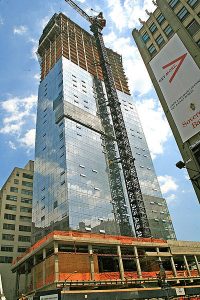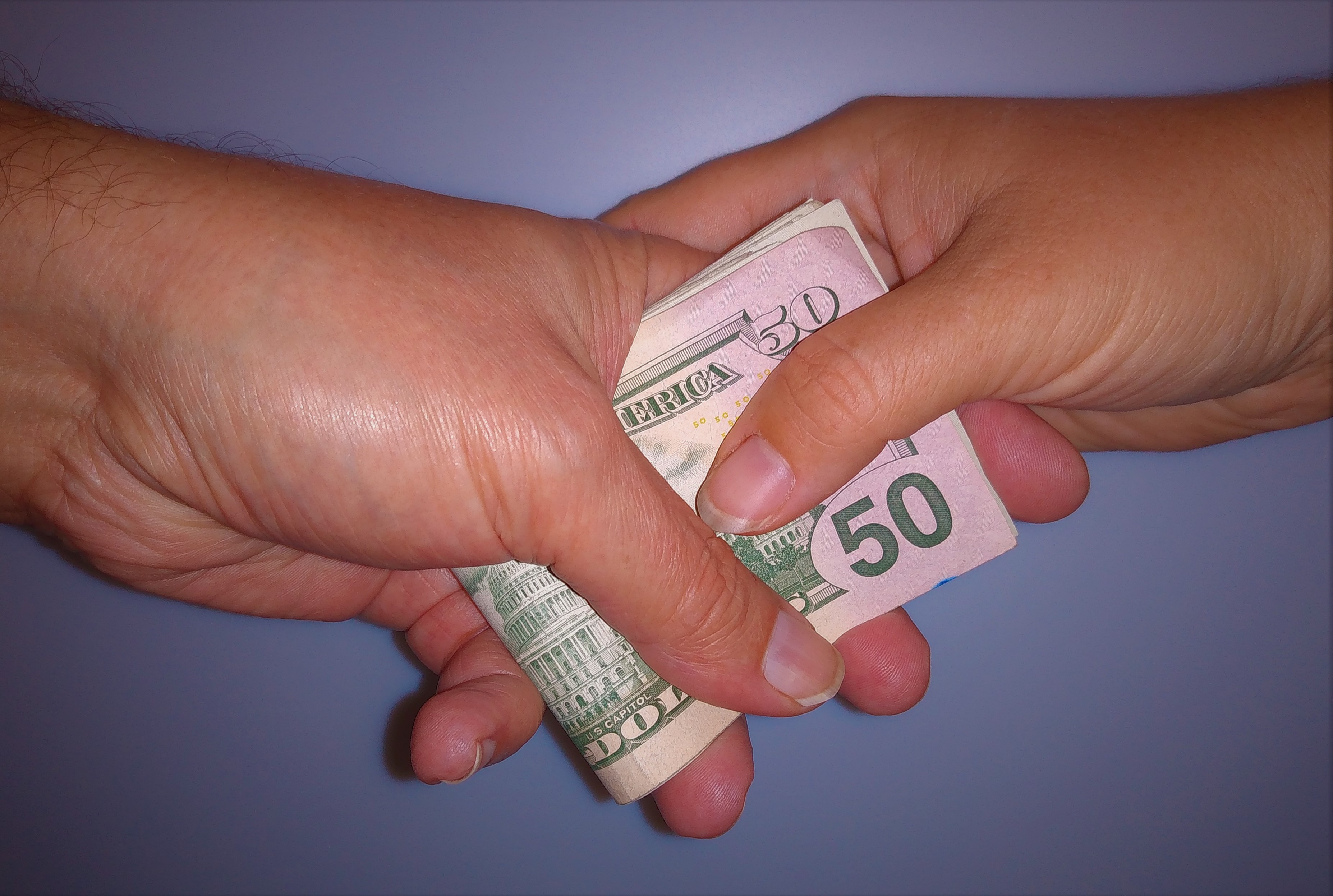Political corruption used to mean fraud, bribery, and the abuse of power for personal gain. To some of us, it still does.
So much, of such impact, has happened so far in 2020 that it’s hard to remember what happened even eight months ago, let alone eight years ago. However, let’s take a trip back to New York City, 2012, and revisit an investigation undertaken by the Manhattan District Attorney’s office, to see if we can agree whether what took place that spring could be considered corruption or not.

The case concerned a real estate developer and two of his family members. Some years before, the developer unveiled plans to build a luxury high-rise apartment in Manhattan’s fashionable SoHo district. As the project progressed, problems arose that nearly proved fatal to the development. First, the apartment wasn’t really built in SoHo, merely nearby. Worse, zoning ordinances prohibited a residential tower there, so the developers built a “condo hotel” instead. Buyers would own a hotel room, not a residence, which they would be legally unable to inhabit for more than 120 nights per year. All of this, too, as the housing market was starting to crater in the Great Recession.
As you might imagine, these units were hard to sell. The project looked like it was going to flop, but if the developers could show that customers were buying the units in droves, they could close the deal to sell the building. So, in April 2008, the developer’s family claimed that 31% of the rooms were sold. By June, it jumped to 60%. But the truth was that only 15.8% had sold by 2010. Buyers felt that they’d been conned into a sucker deal. They sued the developer, and the evidence of the lies was an email chain where the developer’s adult children appeared to conspire to inflate the sales numbers with fraudulent intent. Just as the situation was looking grim indeed, the developer’s lawyer made a large cash contribution to the District Attorney’s re-election campaign. The DA decided to drop the case against the developer’s family.
Is this corruption? Maybe, maybe not. For most of us, both the fake sales numbers and the alleged exchange of a campaign contribution for dropping the case would stink of corruption. But these are not any ordinary real estate developers, at least not any more. Does your opinion change when you learn that the story is about Donald Trump, the future president, and his two children, Don Jr. and Ivanka?
What constitutes “corruption” nowadays has evolved toward the political for a sizable portion of the American electorate. On the conservative side of the aisle, corruption has less to do with dishonest behavior (such as fraud or bribery) by those in a position of power, and far more to do with the level to which one exhibits and promotes “Republican values.”
That means maintaining the “traditional hierarchy,” according to Peter Beinart, writing for The Atlantic. When Donald Trump had his fixer, Michael Cohen, pay hush money to adult performers Stormy Daniels and Karen McDougal, that wasn’t perceived as corruption even though it violated the law, because powerful men are expected to have affairs and use their money and power to avoid consequences. It’s not considered corruption when President Trump violates the Hatch Act by commandeering civil servants and government resources for campaign purposes, because he is doing so to help elect Republicans. Inviting the McCloskeys, who were charged with felonies and recently indicted for brandishing guns at Black Lives Matter protesters, to speak at the RNC? Not corrupt. Indeed, it’s not even perceived as corruption when the President profits financially from his position of power or avoids paying taxes, because that’s what rich people are supposed to do.
Arguably, the President really could shoot someone in the middle of Fifth Avenue and not lose the support of his core base. Kyle Rittenhouse, the teenager who crossed a state line with someone else’s weapon and shot protesters in Wisconsin, has their support and more than a half million of their dollars to pay his legal expenses. He was defending their values, too.
All of which is why the President’s campaign dog whistle of “Law and Order” rings so hollow. Does past experience give us any expectation that laws matter to Donald Trump? Will a President who won’t commit to a peaceful transition of power if he loses, support order if he wins? (Whose definition of order?) And how can two sides that speak such different languages come to a common consensus of shared reality from which to move forward? Perhaps they no longer can, but knowing what the other sides mean when they talk is still worthwhile.
Related: It’s Not the Principle, It’s the Party


Join the conversation!